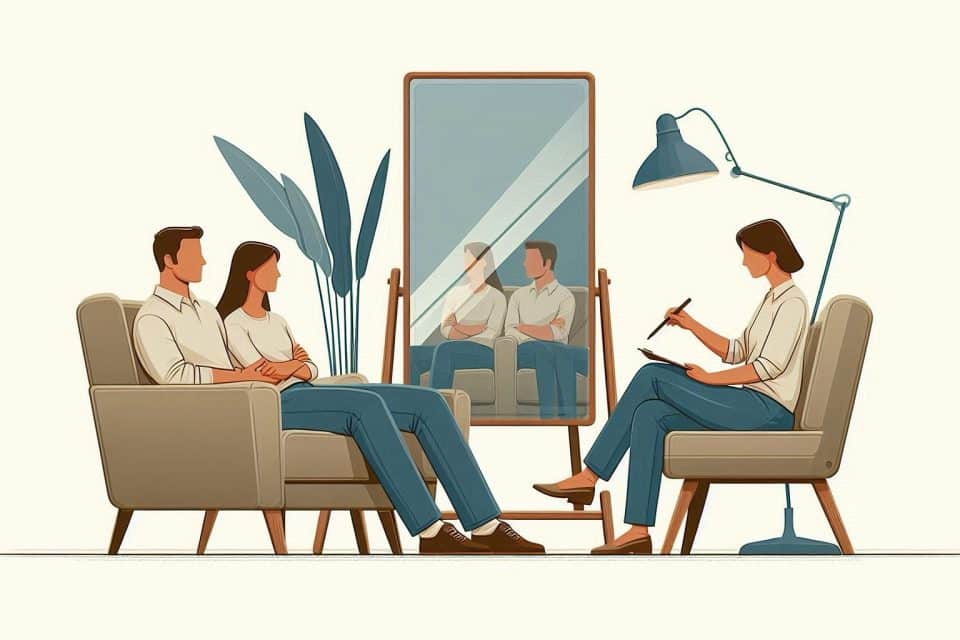
Unmasking Hidden Agendas in Couples Therapy: A Game-Inspired Approach
Relationships often involve hidden motivations, misinterpretations, and power struggles. Using an experiential role playing exercise the “Hidden Agendas” in couples therapy, it is possible to surface unconscious processes, projections, and power dynamics in the relationship.







